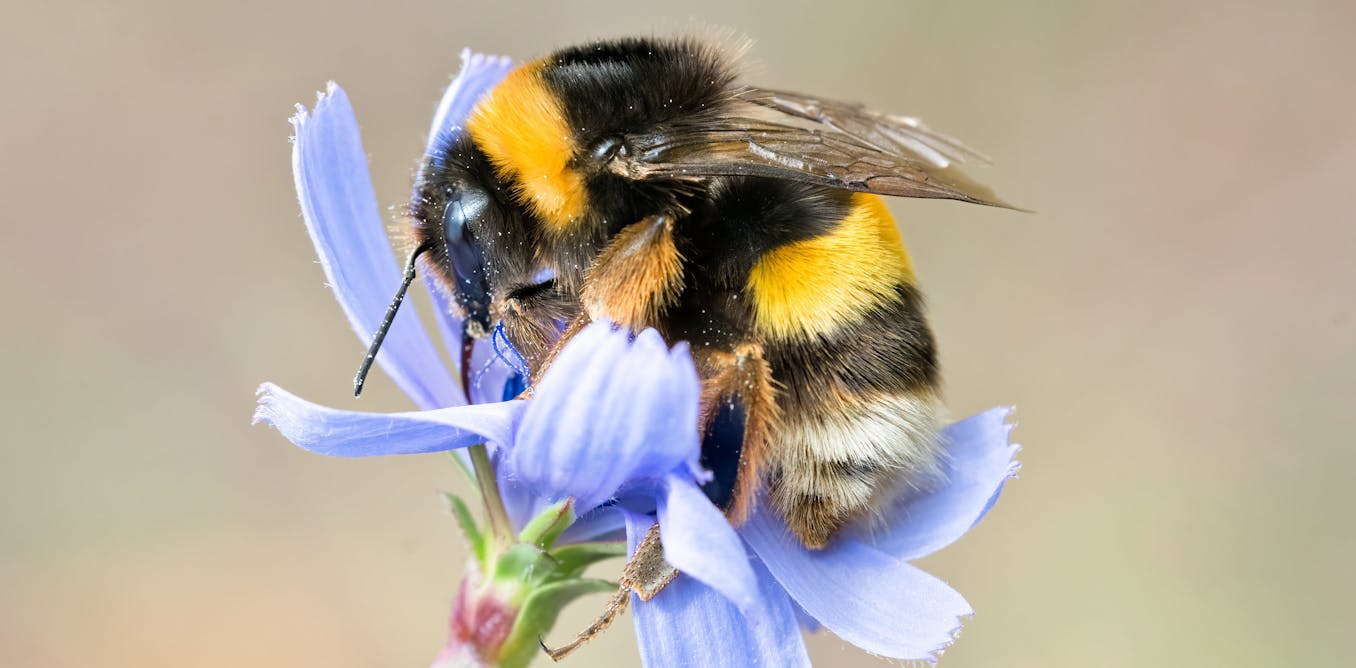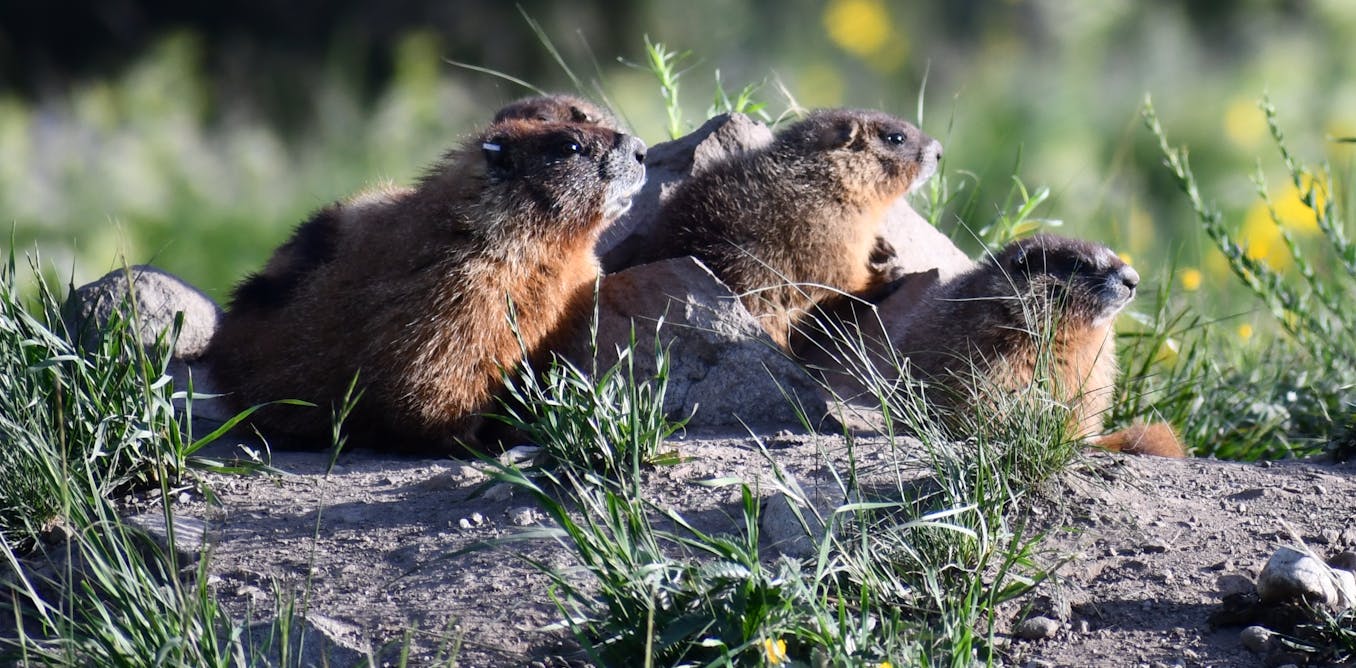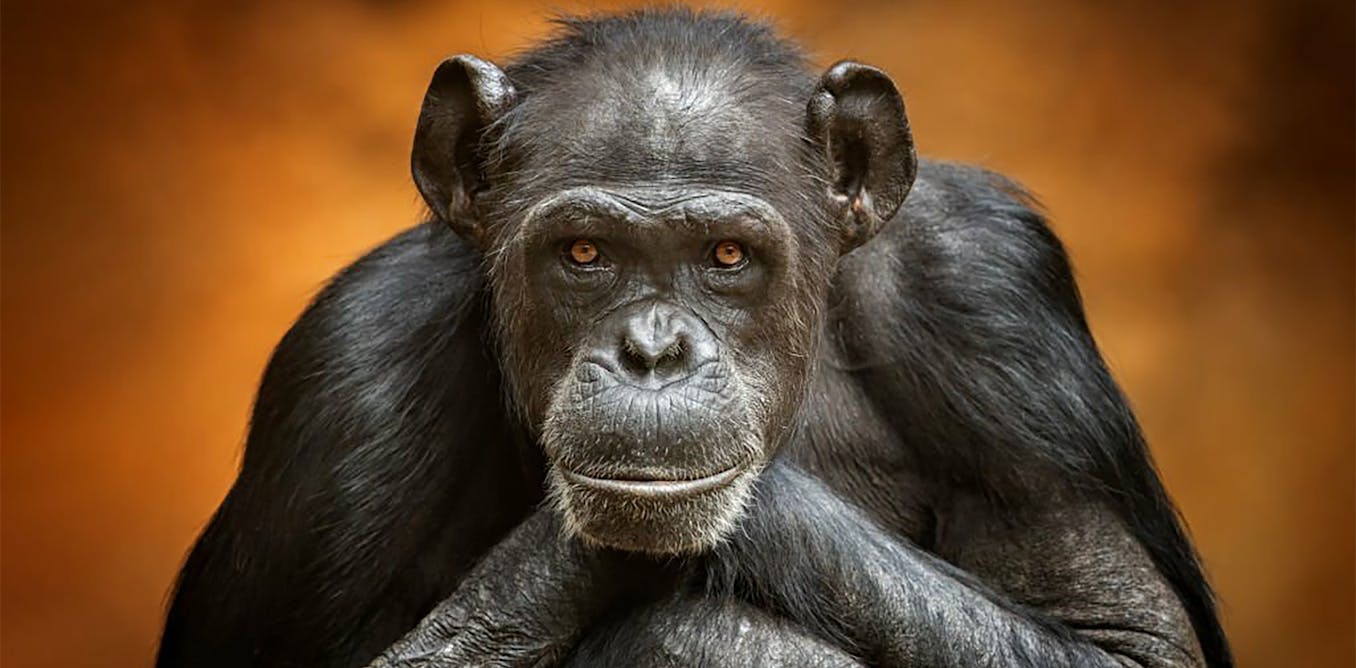Bees, fish and plants show how climate change’s accelerating pace is disrupting nature in 2 key ways
Fast-rising temperatures can change how plants and animals behave and disrupt the delicate timing of pollination.
Courtney McGinnis, Professor of Biology, Medical Sciences and Environmental Sciences, Quinnipiac University •
conversation
April 30, 2025 • ~7 min
April 30, 2025 • ~7 min
The bizarre-looking dinosaur challenging what we know about the evolution of fingers
Oviraptorosaurs are weird dinosaurs, which look a bit like flightless birds. But these ancient animals aren’t just funny looking fossils. As my team’s new research shows, they can help us understand how…
Milly Mead, PhD student in Palaeontology and Evolution, University of Edinburgh •
conversation
April 3, 2025 • ~8 min
April 3, 2025 • ~8 min
Wild marmots’ social networks reveal controversial evolutionary theory in action
Multilevel selection is a controversial concept originally proposed by Darwin. A new study found evidence for it in the wild in a group of marmots scientists have been observing for more than 60 years.
Daniel T. Blumstein, Professor of Ecology and Evolutionary Biology, Institute of the Environment and Sustainability, University of California, Los Angeles •
conversation
March 27, 2025 • ~9 min
March 27, 2025 • ~9 min
Amid a tropical paradise known as ‘Lizard Island,’ researchers are cracking open evolution’s black box – scientist at work
A decade of fieldwork is revealing how one of biology’s fundamental principles works in real time.
James T. Stroud, Assistant Professor of Ecology and Evolution, Georgia Institute of Technology •
conversation
March 25, 2025 • ~11 min
March 25, 2025 • ~11 min
/
25









